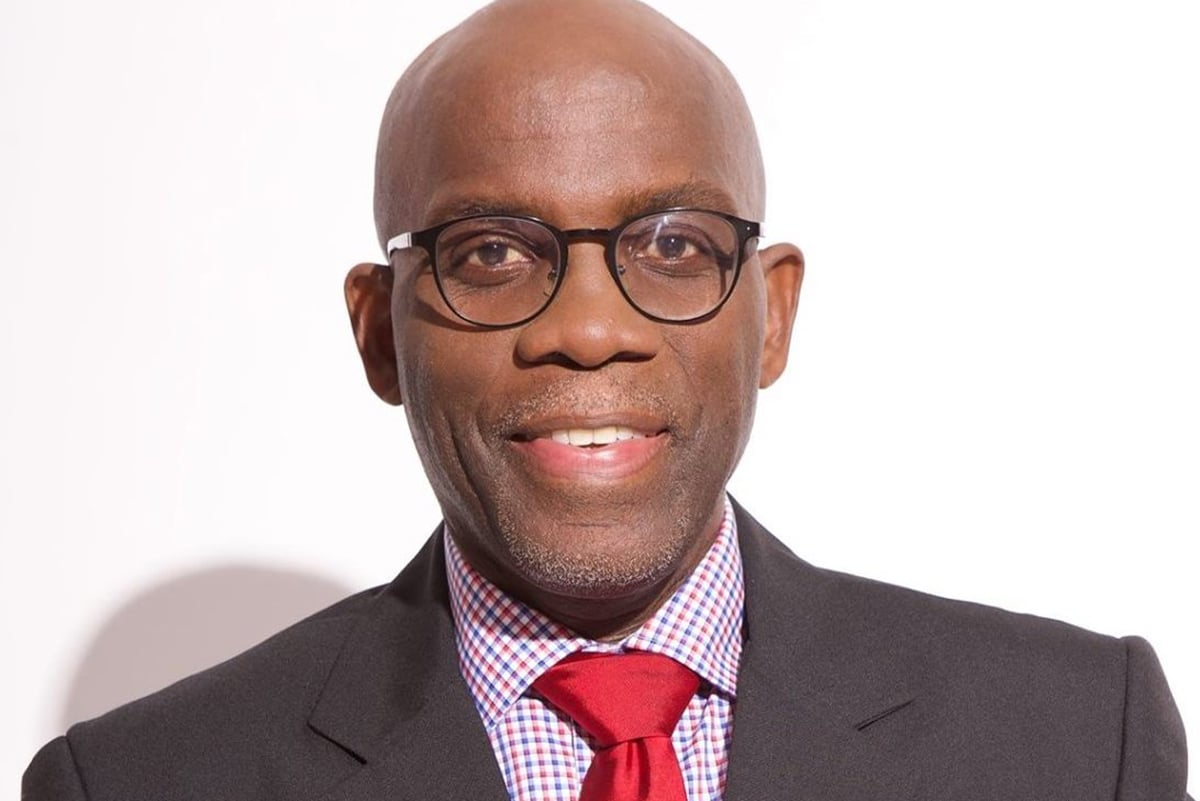Music, Culture Key To Economic Development But Being Placed On Back-Burner, Says Veteran Musicologist

An esteemed ethnomusicologist is expressing dismay at the failure of the Jamaican State to factor Reggae/Dancehall and other aspects of the island’s culture into use, as drivers of economic development, and the lack of willpower to fully capitalize on UNESCO’s designation of Kingston as a Creative City of Music.
Dr. Dennis Howard, a renowned media manager, music producer, and managing director of the Institute of Cultural Policy and Innovation, is arguing that there has never been any “real effort to finance arts and culture and give them the prestige of other industries such as tourism.”
Writing in the Jamaica Observer on Sunday, Dr. Howard who is a university lecturer with artiste management and entertainment journalism credits to his name, said that successive administrations have paid lip service to culture, usually putting the culture and entertainment portfolio in a super-ministry with other areas “that they decide are not crucial to the neoliberal agenda of market orthodoxy”.
“These super ministries have been consistently grossly underfunded and are the first to get budget cuts when austerity measures of the Washington consensus are dictated,” he wrote.
According to Dr. Howard, the omission of Jamaican cultural specificities and “the disregard for our superpower — our cultural heritage and production — is at the heart of the unfortunate policy prescription that has pushed Jamaicans deeper into the debt trap” the island has been in since Independence.
“I’m declaring that a critical ingredient of any economic developmental plan is culture and our cultural production,” he added.
He recommended that a policy be crafted by the Government to identify creative options for the funding of the creative industry, utilising tools such as grant funding, revolving loans schemes, crowdfunding, partner schemes, benevolent taxation, donation schemes, angel and venture capital.
Jamaica’s stated objectives for Kingston as a Creative City of Music includes, among other things, using the creativity of Kingstonians as a driver for sustainable urban development and using music and the arts to redevelop and revitalize its inner city communities, through the “conversion of derelict buildings, for use as creative incubators and performance venues to promote appreciation for creativity and provide outlets for creative expression”.
However, in discussing the UNESCO designation of Kingston as a Creative City of Music, a designation with which it was bestowed, in 2015, Dr. Howard said that the situation of the island’s capital was dire, unlike similarly designated cities like Amsterdam and Bogota, which have developed their Music Tourism sectors and have been earning billions of United States dollars each year.
“Creative incubators are non-existent, and creative city initiatives leave a lot to be desired,” he said.
“It seems we have a fundamental misunderstanding of creative city initiatives – it’s not just a designation for bragging rights and celebrations,” he said.
Arguing that creative hubs, which are critical components of creative industry development are not supported or developed, Dr. Howard, like his academic compatriot Dr. Carolyn Cooper, pointed out that the sound system culture, a pillar of Jamaican music, has been, for decades, ignored to the nation’s economic peril.
“Creative hubs have organically existed in Kingston and other urban areas for decades. They have developed best practices that should be codified. The dubplate and sound system economy is largely ignored and not supported to achieve export status,” he said.
“Our urban dance culture and dance hostels can be one of our biggest exports and creative tourism attractions. Yet, it has remained a footnote at the national level,” he stated, making reference to We are the community-based tourism hostels in Kingston, which offer Dancehall music dancing lessons to tourists, and take visitors into local communities, immersing them in the Jamaican culture.
Dr. Howard, who has written academic papers such as Politics and Violence in Popular Jamaican Music and the books Ranting from inside the Dancehall and The Creative Echo Chamber: Contemporary Music Production in Jamaica, which is a comprehensive exploration of the recorded music industry of Jamaica, said that policy-wise, Government should develop measures to incentivise and encourage the deployment of the creative industries.
According to him, ‘while there are incentive programmes for tourism, incentives for film-making, music, visual arts, dance, craft, and fashion are amazingly inadequate”.
“Incentivising and developing the natural talent of our people is needed right here, right now,” he said.
